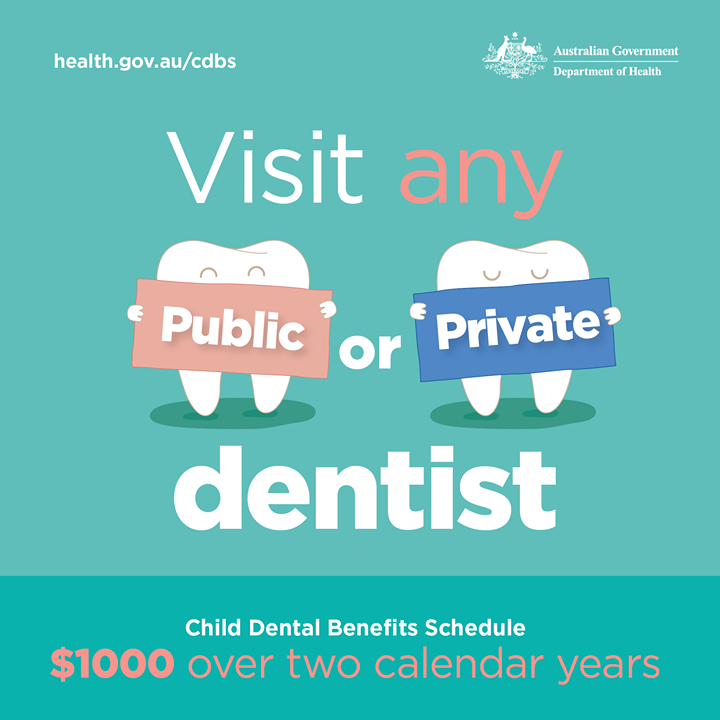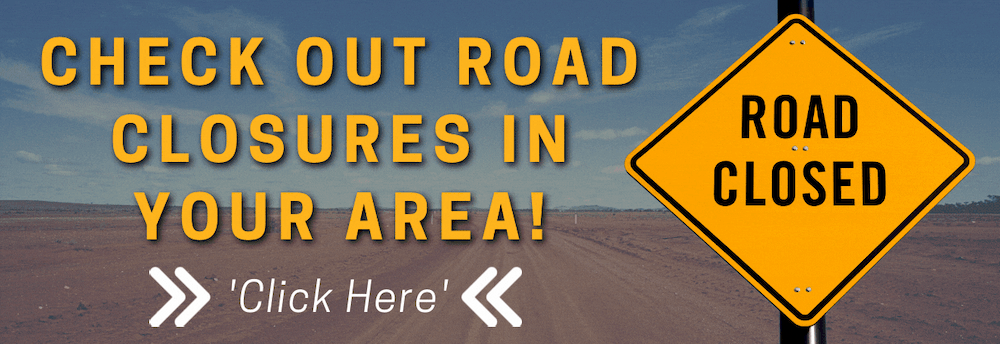Families urged to claim child dental benefit
Lucy Kirk
06 October 2022, 8:06 PM
 Many families are missing out on subsidised dental care.
Many families are missing out on subsidised dental care.Did you know?
The Child Dental Benefits Schedule (CDBS) will expire on 31 December 2022.
Many NSW dentists are reporting low uptake of the Schedule, and while many rural and regional families struggle with access to affordable oral care, local practitioners say this is an opportunity not to be missed.
Established in 2014, the CDBS is an Australian Government means-tested program that provides access of up to $1026 in benefits every two years to eligible children under the age of 18, covering most basic general dental services - but not specialist services like orthodontics or services provided under general anaesthetic.
Regional NSW dentist, Dr Peter Harris has a practice in Condobolin and is concerned about the underutilisation of the scheme.
"Only one-third of eligible Australians have accessed the scheme so it's severely underutilised," said Dr Harris.
"I would like to see more government support for dental services but my worry is that if it remains underutilised than it could be a scheme that will end up being lost," he said.
Dr Harris knows that without support for dental access schemes the health outcomes for low income and rural and remote children can be harmful.
"if tooth decay is not kept under control than that can lead to early extraction of baby teeth which leads to orthodontic complications later in life which comes at a higher cost that many families can't afford," he explained.
"But that problem could be nipped in the butt if people accessed these sorts of schemes."

Recent studies from the Australian Institute of Health and Welfare show the disparity in outcomes between rural and regional and metropolitan areas.
Children living in Remote and very remote areas were more likely to have had decay in their primary teeth (53%) than children in Major cities (39%).
They were also more likely to have untreated decay in:
- at least 1 primary tooth (38%; 25% in Major cities) or
- 1 permanent tooth (22%; 10% in Major cities).
The prevalence of primary and permanent tooth decay was highest among children living in households with low income:
- half (50%) had experienced decay in their primary teeth
- nearly one-third (28%) had experienced decay in their permanent teeth.
ADA NSW President Michael Jonas says that poor oral health early in life is the strongest predictor of further oral disease in adult life. With many of Australia’s lower-income households have a higher incidence of poor oral health.
“This can have a significant impact on their overall health and wellbeing and contribute to more significant health problems. Regular dental visits and brushing twice daily with fluoride toothpaste are key to limiting the impact of children’s poor oral health and reducing social inequalities, said Dr Jonas.
Use it or Lose it
And, for those families living in rural and remote areas or with a low income, Dr Jonas's advice is to use the available benefits or lose them.
“Our advice is to book your child into your local dentist in the next few months and before the end of the year, and do make sure if eligible, you use the government’s Child Dental Benefits allowance or lose it.”
Dr Peter Harris says that he's typically booked two and a half months in advance, so for anyone wishing to use their child dental benefit before it runs out, ensure you book in as soon as possible.
"At the end of the day it's $1000 that can be accessed every two years and we bulk bill so there's no cost to the family," said Dr Harris.
"I really don't understand why more people aren't using it."
Visit Services Australia to find out if you're eligible or to apply for the Child Dental Benefit Scheme .




